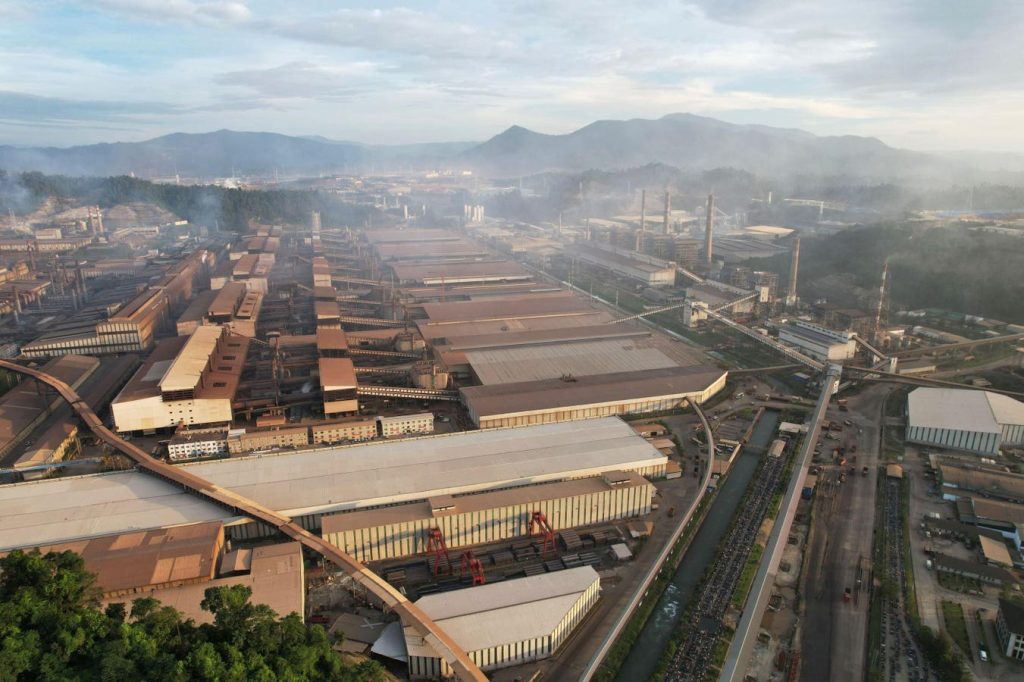Indonesia is facing the consequences of its heavy reliance on China as a dominant customer in the nickel mining and processing industry. While the partnership initially appeared successful, with Indonesia providing raw materials and labor and China offering technology and a market for nickel, there are now concerns arising about Chinese investors’ motivations in the industry. As Indonesia aims to further dominate the world nickel market, with a target of 70% market share by the end of the decade, issues such as falling prices and limited opportunities for expansion in other markets are beginning to emerge.
The influx of nickel from Indonesia has led to a significant decrease in the price of the metal, impacting rival miners in other countries as well as Indonesian miners themselves. The Chinese investors in the industry are not solely motivated by profit, with a key aim being to ensure a reliable and cost-effective supply of nickel for China’s manufacturing sector, particularly in the production of electric vehicles (EVs). This focus on serving China’s needs has resulted in concerns about whether Indonesian nickel producers will be able to expand into the U.S. market and benefit from tax incentives available there, as well as potential repercussions for the global nickel market.
The U.S. Inflation Reduction Act (IRA) has presented an opportunity for other nickel mining countries, such as Canada and Australia, to potentially gain a competitive edge over Indonesia. With the growing demand for nickel in the EV industry, the U.S. is looking to diversify its sources of critical metals and reduce its dependence on materials controlled by China. The restructuring of Indonesia’s nickel industry to limit Chinese ownership to less than 25% is being considered as a way to align with the IRA tax breaks and ensure Indonesia’s national interests are protected.
Concerns about geopolitical tensions and the risk of becoming too reliant on China have prompted Indonesia to rethink its approach to the nickel industry. While seeking to strengthen ties with the U.S. and diversify its customer base, Indonesia must navigate potential resistance from Chinese investors who may oppose restrictions on their shareholdings in Indonesian nickel projects. The tension between serving China’s needs and safeguarding Indonesia’s interests highlights the complex dynamics at play in the global nickel market and the challenges faced by countries aiming to assert their dominance in the industry.
The parallels with the rare earths industry, which is also heavily influenced by China’s dominance, underscore the importance of strategic decision-making in the critical metals sector. Balancing economic opportunities with national security concerns and international relationships presents a delicate balancing act for countries like Indonesia as they navigate the evolving landscape of the nickel market. The outcome of Indonesia’s efforts to diversify its customer base and reduce Chinese influence in the nickel industry will have implications not only for the country’s economic future but also for the broader dynamics of global trade and resource supply chains.


